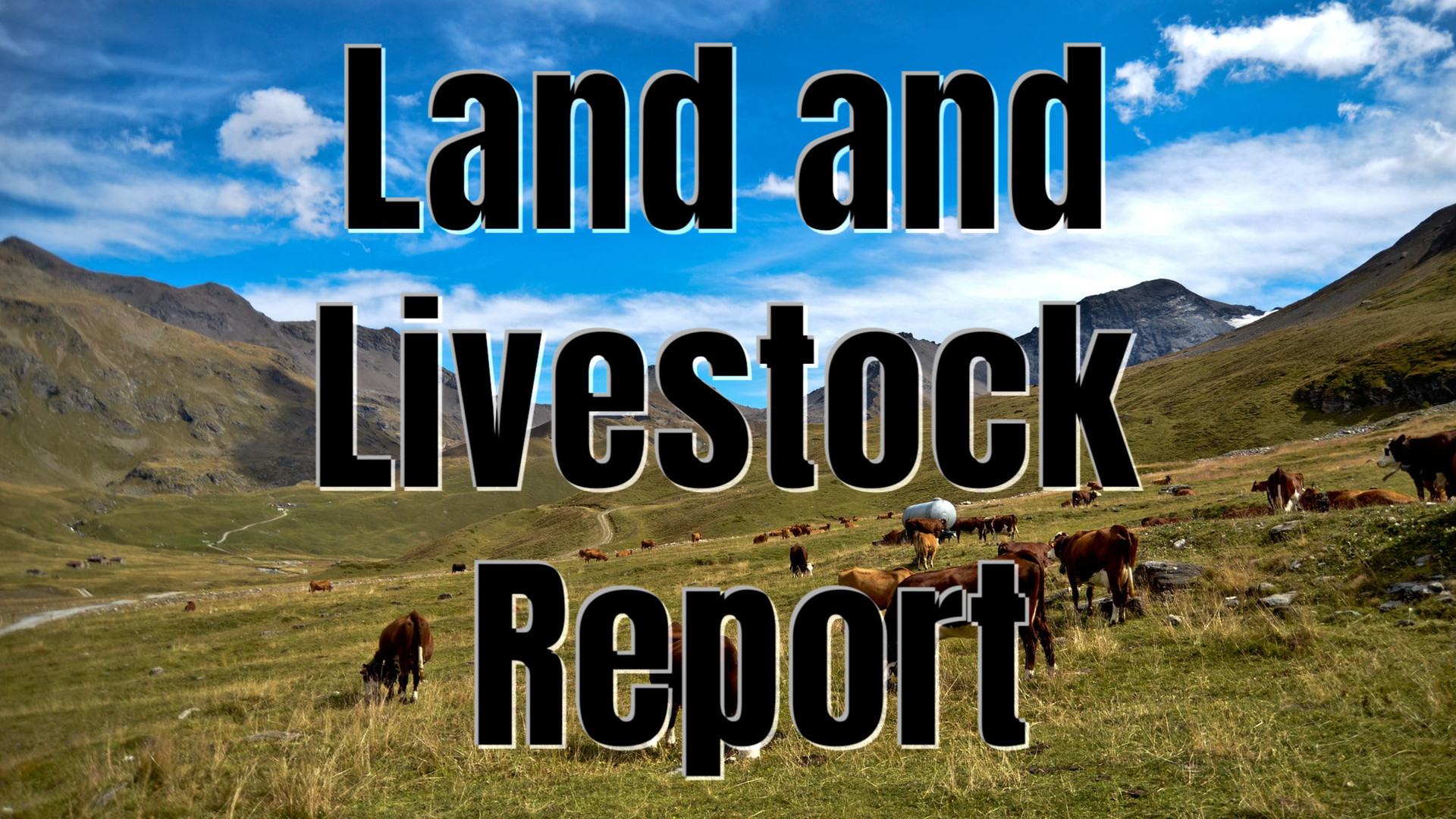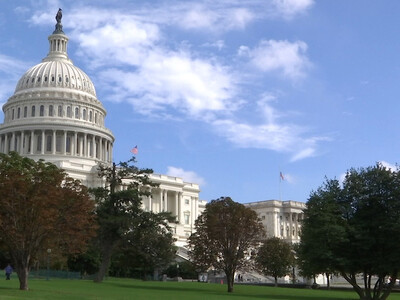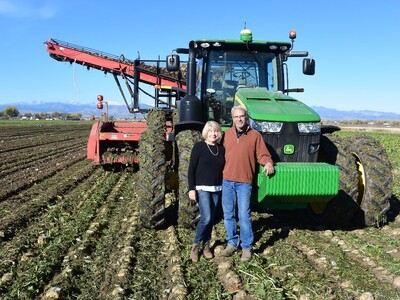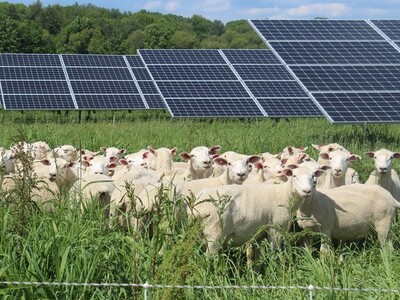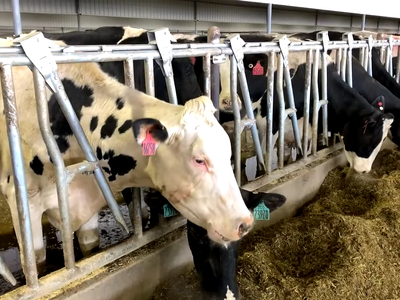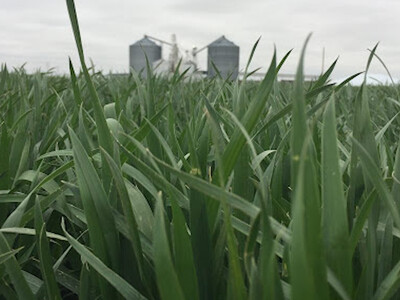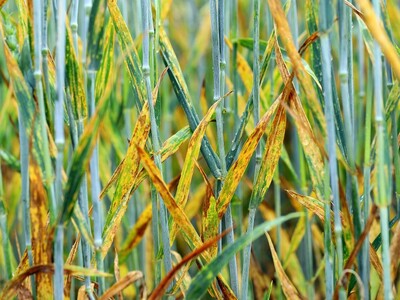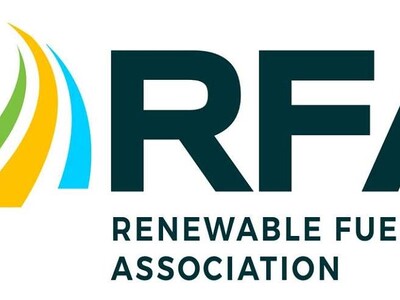Beef's Shrinking Carbon Footprint
It is fascinating how quickly the government or media can destroy a person or industry's reputation. Such was the case when the UN claimed that the livestock produced more emissions than even transportation. I’m Susan Allen, Open Range will be back after the break. Remember it was about five years ago that we started reading about how cow’s emit greenhouse gasses, along with such odd statements like rural areas are more polluting than urban or that going meatless helps reduce our carbon footprint. All myths given life because the UN became a pawn of the anti-animal agriculture activists and produced a report of mistruths, used to harm the Industry theses groups abhor. The claims that livestock produced more greenhouse gas emission than even trucks and autos was challenged by a bevy of well known scientists but it wasn’t until one of the U.N. ag reports author’s Pierre Gerber admitted last year that the study was incorrect that the U.N. began backpedaling. Like we’ve seen in politics negative press, even outright lies can still damage and be used by foes. The Meatless Monday campaign is a direct result of the UN Report promoting the mantra that you can reduce your carbon footprint if you give up one day of eating meet. How dumb do they think we are? The real story is beef is raised today uses amazingly less natural resources than just thirty years ago. Raising a pound of beef in the U.S.


